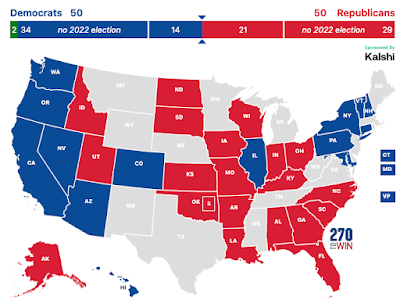Hogwarts vs. Hollywood
 |
| Hermione seemed to fit in with the boys. |
I don’t know how it took me this long. 12 years after opening the first in a series of books for the first time, and almost as long watching episodes on HBO, it hit me. Two epic tales of our time are about the same thing.
The signs should have been apparent from the start: the superhero from humble beginnings is given great powers, discovers a fantastical world inaccessible to most, befriends companions whose adoration for him is only matched by their loyalty, and meets a wise and sage-like mentor who guides him to unmatched heights. But it didn’t dawn on me that Harry Potter and Vincent Chase, of Entourage, were after the same thing until the Potter series finally concluded on the silver screen, and the last season on Entourage began to unfold.
---
But it's not about the superheroes. It's about the fans who look up to them.
For me, the first Potter book landed in my hands at the age of 13. I was slightly ahead of the target age group for the first few books that transported young readers to a fantasy world and back, in-tact, a blissful roller-coaster ride in 220 pages. This gave enough distance for a slightly critical eye towards the generation after me enchanted by the story (half-generation? These kids were like 3-4 years younger, and is evidenced by the painful development of real-life quidditch, including running around on broomsticks, at my alma mater).
My own development as a “sophisticated reader” mirrored the increasingly complicated and morbid plotlines as Harry and his mates battled the evil Voldemort. Culminating in the publishing of the last Potter novel in 2007, as I prepared to finish my own college education.
Entourage, on the other hand debuted in 2004, as I was graduating college, plotting the rise, fall and rises of Hollywood star Vincent Chase, obstensibly modeled on Mark Wahlberg, one of the creators of the show.
Just as Harry discovered the powers of his magic wand at Hogwarts, Vince’s rise to stardom in Hollywood gave him his own magical powers: ostensibly to pull fame, money, women and alcohol out of thin air. His story was as much of a fantasy for a college-aged bachelor as Potter’s for an adolescent. (Grantland terms the characters' lives the ultimate bro-fantasy, for being accepted as an adult, while never evolving from bro-dom.)
---
However, as these two stories reach their conclusion, they’re both receiving mixed reviews. The expiration of the Potter series means it now belongs to the ages of blockbuster cinema, and an eternity of debate against the merits of Star Wars, The Lord of the Rings, the Batman franchise movies and other epics. Entourage is more polarizing, having never been seen in the same light as the network’s top-shelf fare: The Sopranos or The Wire (not that it ever aspired to such heights), but it is still subject harsh criticisms of its many flaws.
But as a fan who witnessed the rise of both fairy tales, I think a point needs to be made about stories fueled by the fanaticism of their followers. As great, or as poor, as these stories are, they only extend far as their fandom will allow. Would Harry Potter’s self sacrifice for the well-being of his wizarding kind at the end of Hallows been more satisfying had it been more complete? Yes, to our developed minds. But his followers could not have endured such a fate (they're 13, as Deadspin noted). It’s the same way that the drama of Entourage would have been more interesting if Chase himself had perished at the bottom of a season-long plunge in the last Entourage (as Chuck Klosterman lobbied), but since Chase is the Potter here, his fans can’t allow him. As frustrating as the epilogue to the Potter series was (the film version felt like an episode of seventh heaven), I can only expect the same for Entourage. Because that is what the fans want, and the fans are what gave the artwork its gravity in the first place.
---
On a final note, for a blog about the application of reason, what is this dalliance of a fantasy world (and one about a boy-wizard) doing here? It demonstrates an important limit of reason. Fandom. Bill Belichick may wish to control his image in the media, and succeed to a great degree, but he cannot contain his image in the minds of his followers. And for an artist, that is one way to make his work stand the test of time.

